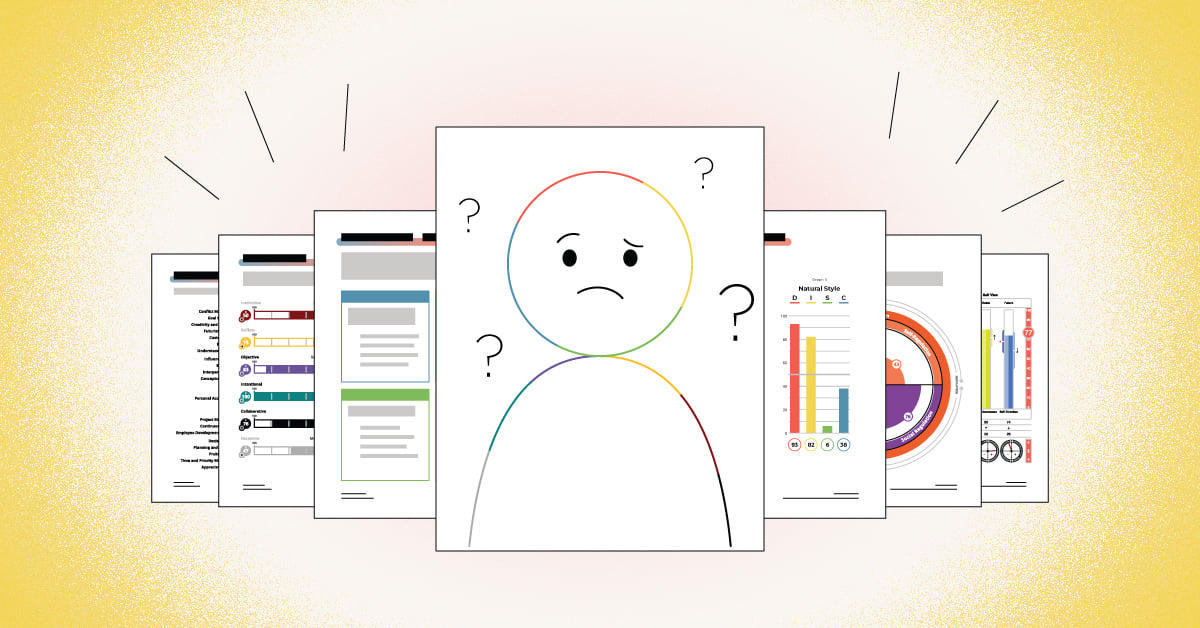 Have you ever run into a famous musician or actor in public, someone you have always wanted to meet, but when you got that opportunity you completely froze? The rush of adrenaline, combined with a moment of fear, completely paralyzed your senses and you simply couldn’t say a word? And the minute that person is out of sight, you think of at least five witty, if not insightful, things that would have been just perfect to say; if you only had another chance? It’s a matter of being prepared because you never know when opportunity is going to present itself. For situations similar to this it’s best to have your own elevator pitch committed to memory so when you're given the opportunity, you can say something.
Have you ever run into a famous musician or actor in public, someone you have always wanted to meet, but when you got that opportunity you completely froze? The rush of adrenaline, combined with a moment of fear, completely paralyzed your senses and you simply couldn’t say a word? And the minute that person is out of sight, you think of at least five witty, if not insightful, things that would have been just perfect to say; if you only had another chance? It’s a matter of being prepared because you never know when opportunity is going to present itself. For situations similar to this it’s best to have your own elevator pitch committed to memory so when you're given the opportunity, you can say something.
Importance of having an elevator pitch
Though it may not be quite so extreme as meeting a rock star or movie personality, you will come in contact with people fairly regularly that can really help you in work and in life. This can be people that absolutely excel in their field; experts on a certain topic of interest or someone that possesses a skill or knowledge that you’d like to acquire. Giving some thought to what you might want to say in advance, might help you to turn an otherwise awkward encounter into a productive one by connecting with that person. They may help you fulfill a need, answer a question or maybe even help you create your million dollar idea.
Think of an elevator pitch the way you think of billboard advertising. You are flying down the road at a high rate of speed, with distractions to your left and right, front and back. All of a sudden a billboard appears in your sightline. You may be aware the billboard is there, but you may not necessarily process its message, unless the message catches your attention. Your challenge is to become that billboard! Make people notice you. Consider having a ten second pitch in mind that tells someone who you are, what you do and one goal you hope to achieve. You can get to pleasantries like where you’re from and how great the weather is at a later time. The 30 second elevator pitch is a thing of the past; now it’s ten seconds to make a good impression, so consider yourself on the clock.
Creating your own elevator pitch
You can try something like this. “Hello, I’m Bob Smith. I own ABC Consulting Company which specializes in building effective teams. I’ve been trying to connect with someone who specializes in job benchmarking to help strengthen my company’s reputation as one-stop solution to a workplace challenge. In less than ten seconds, you’ve identified who you are, what you specialize in and what you are seeking. At this point you’ve put it out there. There are multiple things that can happen next. The person you are talking to may have a need you can help them fill directly or they may know someone who could use your services. This would be a fine outcome. Or, they may point you in the direction of someone who specializes in what you are looking for, also a win. Depending on the size of their network, you may even get both!
Remember, letting them know what you do will help them determine if you can be of any help to them. And letting them know what you hope to accomplish will immediately bring to mind if they have something to share that might help you. That ten seconds is all about making a connection. In our fast-paced world, being able to make that connection in ten seconds will definitely be to your benefit. Don’t forget to listen to their needs, as well, because you may be able to help them answer a question they’ve been asking for awhile.
Put your plan into action
Want to practice so you’ll be ready for that unplanned, spontaneous encounter? Pick five people that you’ve wanted to connect with and think of what main reason you have for wanting to connect with them. Think about what you would say to make your best impression in ten seconds or less, then go do it! Pick up the phone and connect! If you don't have their number, reach out to them online. You’ll find that the more you practice, the easier it becomes, until it eventually becomes engrained. And once it’s committed to memory, it won’t matter whether or not a future encounter is planned or spontaneous. Being prepared is half the battle.


